Dates are among the oldest cultivated fruits in human history, cherished for their natural sweetness, high nutritional value, and cultural significance across regions. But when it comes to large-scale production, one country consistently leads the way. So, which country is famous for producing the most dates? The answer is Egypt.
This article dives deep into why Egypt is the world’s leading date producer, the scale of its production, how it compares to other countries, the types of dates grown, economic and cultural importance, and much more.
A Historical Fruit with Global Reach
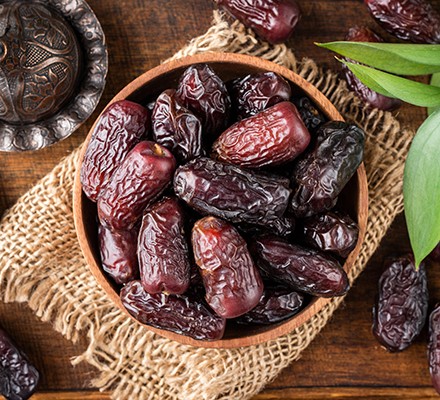
The cultivation of date palms (Phoenix dactylifera) dates back over 6,000 years, primarily in the Middle East and North Africa. Valued for their long shelf life and high-calorie content, dates have served as a staple food in arid regions for centuries. Today, dates are grown in more than 30 countries, but a few dominate global production.
Egypt: The World Leader in Date Production
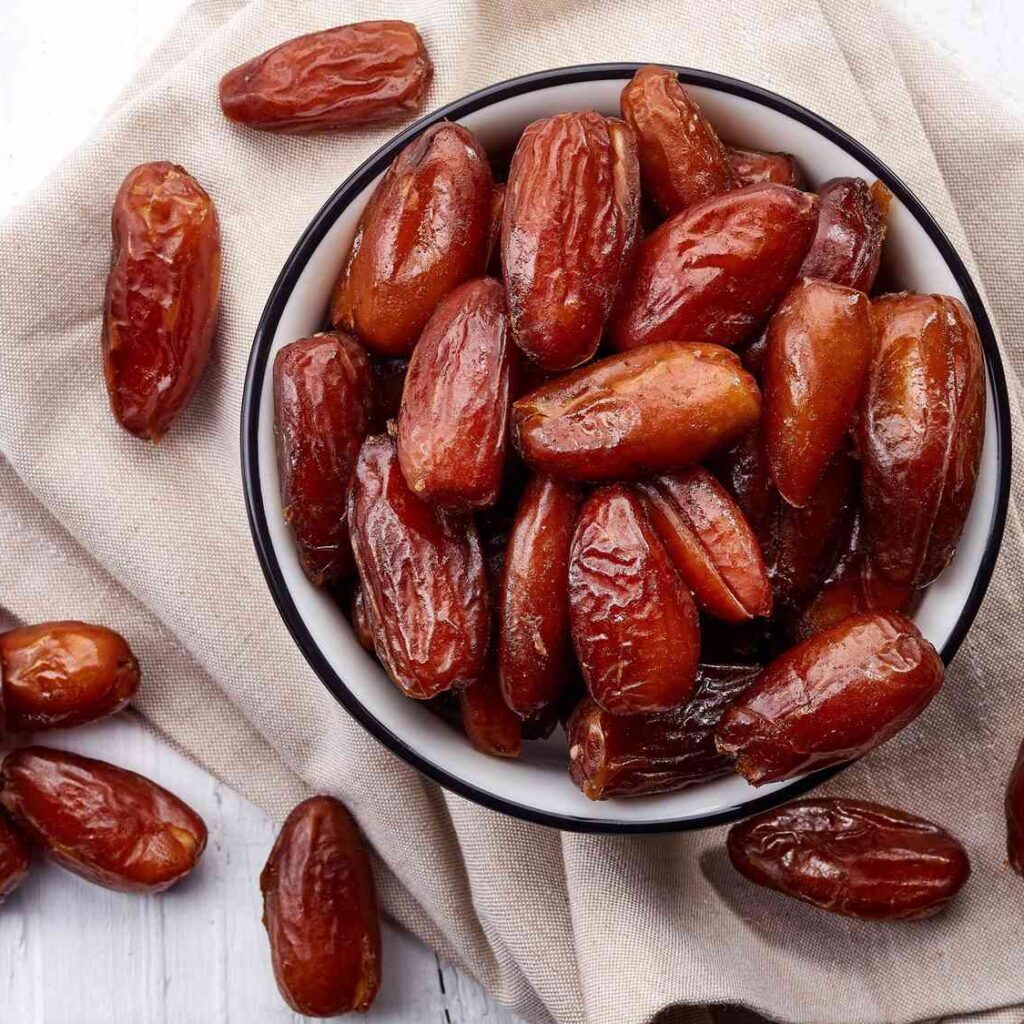
1. Unrivaled Production Volume
Egypt is the undisputed global leader in date production. According to the Food and Agriculture Organization (FAO) of the United Nations, Egypt contributes approximately 18-20% of the world’s total date output, producing over 1.7 million metric tons annually. This places Egypt well ahead of other date-producing nations such as Iran, Saudi Arabia, and Algeria.
2. Ideal Growing Conditions
The Egyptian climate offers a perfect environment for date palm cultivation — hot, dry weather with access to irrigation from the Nile River. The soil quality and sun exposure in Upper Egypt and the Nile Valley allow for robust growth and high yields.
3. Government Support and Cultivation Practices
Egyptian farmers have centuries of experience cultivating dates. Government programs have been put in place to:
- Modernize irrigation systems.
- Encourage the expansion of organic and sustainable farming.
- Promote date exports through trade fairs and international exhibitions.
Leading Regions for Date Cultivation in Egypt
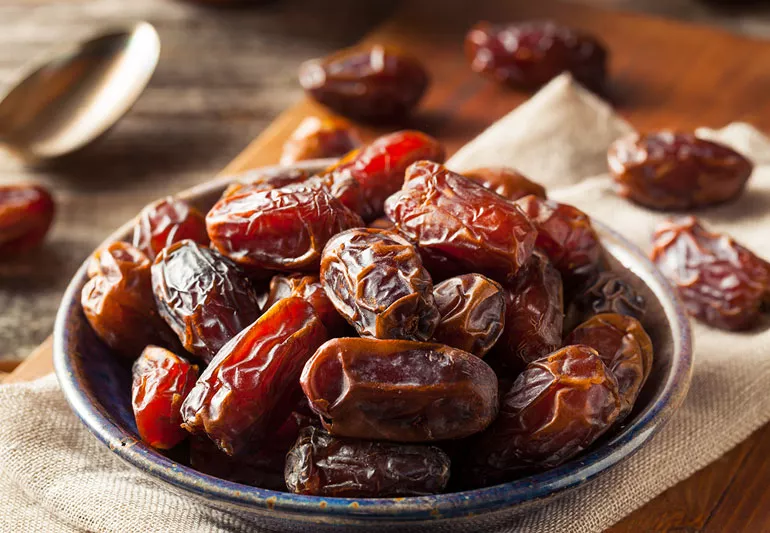
- Aswan and Luxor: Famous for their heat-tolerant date varieties.
- New Valley Governorate: Known for organic and export-quality date farming.
- Siwa Oasis: Renowned for its premium dates, especially the soft “Siwa” variety.
These areas are not only rich in agricultural output but also hold cultural festivals celebrating the annual date harvest.
Popular Egyptian Date Varieties
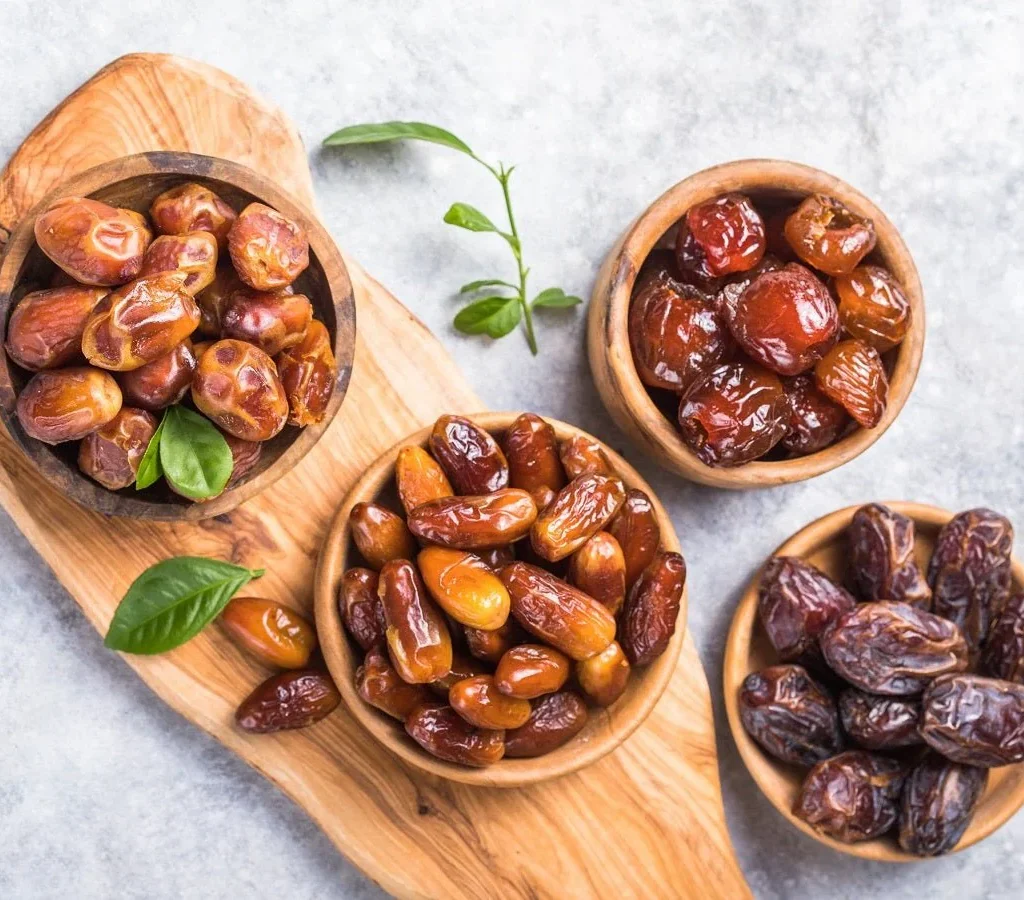
Egypt is home to numerous date varieties, each suited for different markets and tastes:
- Zaghloul: A red date, very sweet and consumed fresh.
- Sakkoti: Known for its semi-dry texture, popular in Upper Egypt.
- Siwi: Grown in the Siwa Oasis, soft and highly favored for exports.
- Barhi: A golden-yellow date often eaten while still crunchy.
These varieties are used in fresh markets, industrial processing, or dried for long-term storage.
The Economic Importance of Dates to Egypt
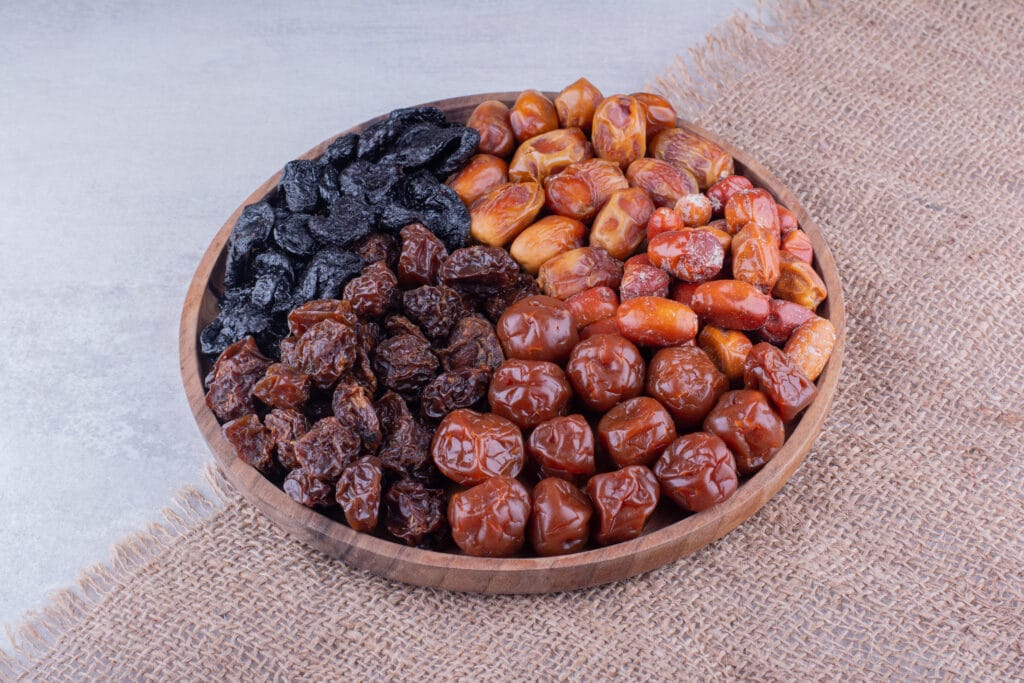
1. Employment and Livelihoods
More than 50,000 Egyptian farmers and workers are directly involved in the cultivation, processing, and trading of dates. It supports rural economies and offers opportunities for agro-processing industries.
2. Domestic and International Markets
- Domestic consumption of dates in Egypt is among the highest in the world, especially during Ramadan.
- Exports of Egyptian dates reach over 70 countries, including Malaysia, Indonesia, Morocco, Sudan, and some European countries.
Egypt’s position on the Mediterranean and Red Sea gives it a strategic logistical advantage in reaching both Eastern and Western markets efficiently.
How Other Countries Compare
While Egypt leads in volume, several other countries also play vital roles in global date production:
| Country | Annual Production (Approx.) | Notable Varieties |
|---|---|---|
| Iran | 1.2 million tons | Mazafati, Zahidi, Kabkab |
| Saudi Arabia | 1.1 million tons | Ajwa, Sukkary, Khudri |
| Algeria | 1 million tons | Deglet Noor (famous export date) |
| Iraq | 700,000 tons | Zahidi, Hallawi, Khastawi |
| Pakistan | 550,000 tons | Aseel, Begum Jangi |
| UAE | 350,000 tons | Lulu, Khalas, Barhi |
Each country has strengths in terms of date quality, cultural heritage, and niche markets.
Challenges Facing Egypt’s Date Industry
Despite its leading position, Egypt’s date industry faces several challenges:
- Post-harvest handling and processing: Many farms still use traditional drying and sorting methods, which limit quality.
- Packaging and Branding: Compared to countries like Saudi Arabia or the UAE, Egypt lags in premium packaging and global brand recognition.
- Pest Control: The red palm weevil and other pests pose significant threats to date palm health.
However, with growing international demand and technological improvements, Egypt is steadily addressing these issues.
Sustainability and Organic Growth
Egypt is making strides in sustainable farming. Organic date farming is expanding, particularly in oases like Siwa. These eco-friendly practices include:
- Natural composting.
- Manual harvesting methods.
- Reduction in chemical use.
These methods not only preserve the environment but also appeal to growing health-conscious and eco-friendly consumer markets abroad.
Cultural Significance of Dates in Egypt
In Egyptian culture, dates are more than just a food source:
- They are symbolic of hospitality and blessings.
- Consumed daily during Ramadan and religious festivities.
- Used in traditional sweets like maamoul, khushaf, and stuffed date desserts.
Dates also appear in Egyptian folk stories and religious references, emphasizing their deep-rooted significance.
Egypt’s Future in the Global Date Market
The Egyptian government and private sector are working to:
- Expand the area under date cultivation.
- Improve value-added date products like syrups, pastes, and candies.
- Increase cold storage and processing facilities.
- Launch global branding initiatives like “Egyptian Dates” labels.
With rising global demand for natural sweeteners and healthy snacks, Egypt is well-positioned to maintain — and even grow — its dominance.
Conclusion
When it comes to the question, “Which country is famous for producing the most dates?”, Egypt stands at the top. With ideal conditions, centuries-old farming traditions, diverse varieties, and growing export power, Egypt is the heartland of global date production.
As innovations in farming, branding, and sustainability take hold, Egypt’s legacy as the leading date-producing country is not only secure — it’s flourishing.
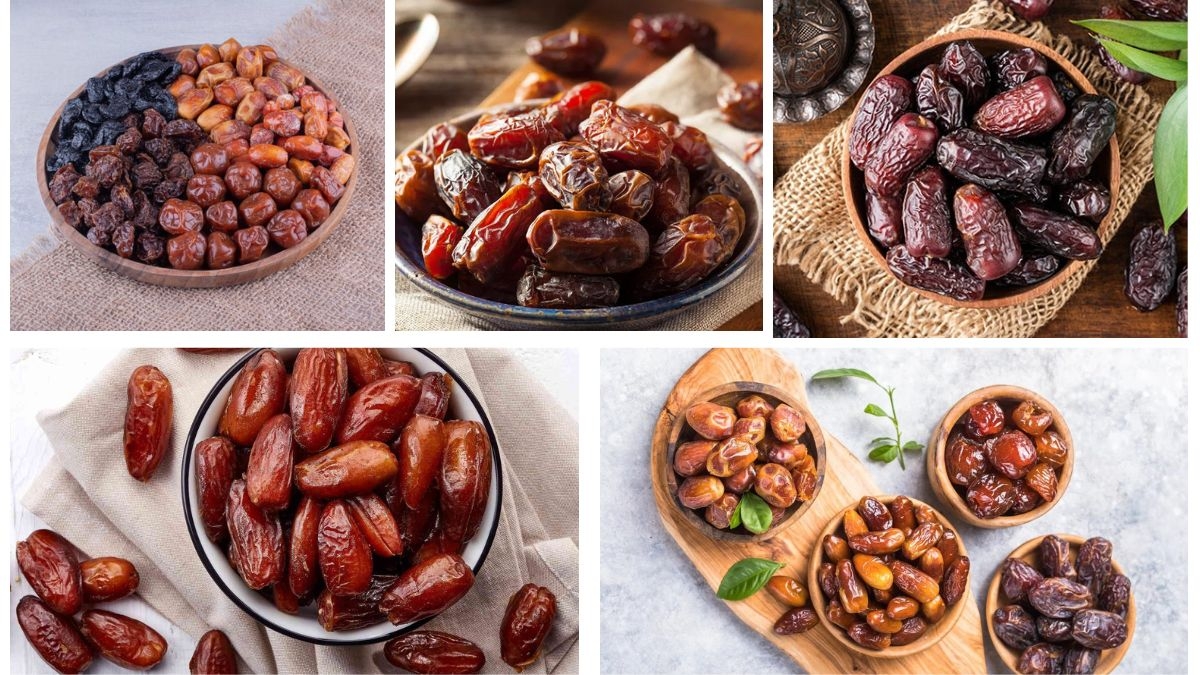
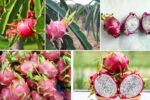

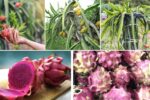


Leave A Comment